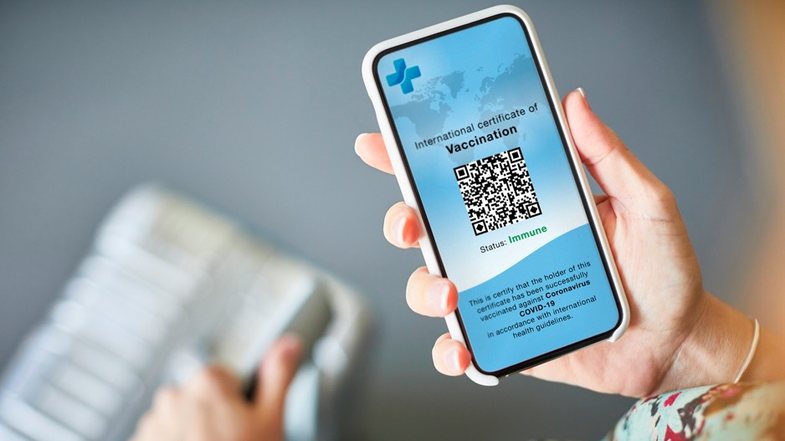
Imposing vaccine passports is likely to make people reluctant to get vaccinated even more reluctantly, according to research in Britain.
The survey was conducted in April when most people were either not vaccinated or had only received one dose of the vaccine. Research suggests that groups who are less likely to be vaccinated view vaccine passports less positively.
"This creates the risk of creating a divided society, where most are relatively safe, but remain the lowest vaccination sites, where outbreaks of the virus can still occur," the authors write.
The analysis included 16,527 people and a proportion of people disobedient to the vaccine, said they would be less likely to be vaccinated if vaccination passports were presented.
The main author Dr. Alex de Figueiredo from the School of Hygiene and Tropical Medicine in London, said these percentages become significant when scaled for the entire population.
The study echoes historical data that suggests those who oppose medical recommendations will not become more vaccine-sensitive by introducing more restrictive measures, according to Caitjan Gainty, a history lecturer in science, technology and medicine at King's College London. which was not included in the study.
- What is C.1.2, the new version of Covid, and should we worry?
- 'There is a deteriorating trend': Committee of Experts introduces new anti-Covid measures
- What are the most risky ages to get infected with Covid at the moment?
- Does the Delta variant increase the risk of hospitalization and the need for urgent medical attention?
Source: Guardian





